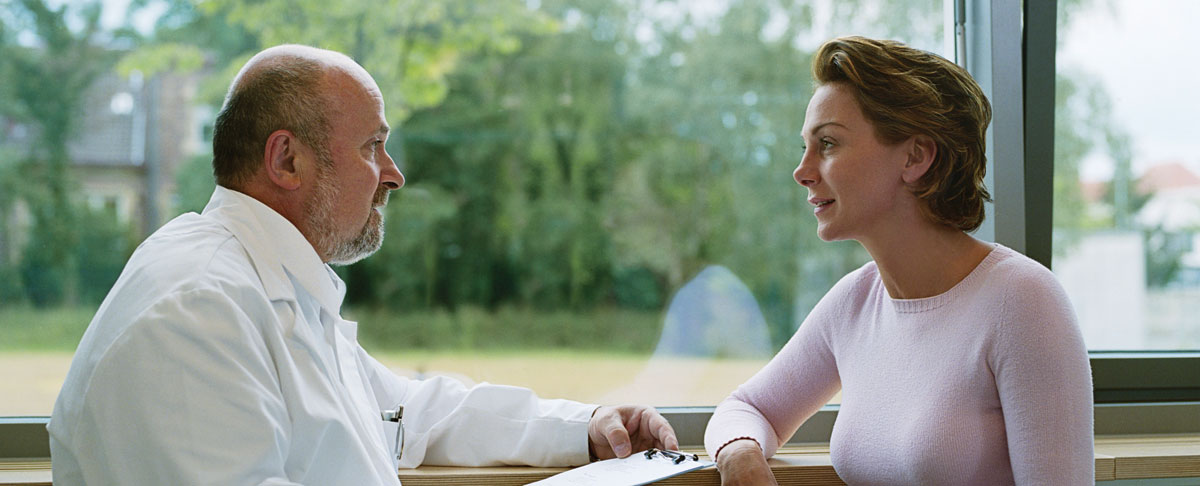If there is a single force preventing much of the information you’ve been reading about on this website from coming to light, it could best be described as “litigation.” Even physicians in the know are extremely careful about what they say in public forums.
Early advocates for newer technology often get sued for making controversial claims. In October 2003, a lawsuit was filed by the Medical Board of California against AmeriScan for alleged false and deceptive advertising used in the promotion of the company’s MRI BreastScreen. The test was touted as an alternative to mammography, and the suit claimed statements such as “The absolute most accurate technology available for the early detection of breast cancer” and that “MRI Breastscreen is proven to be three times better at detecting early stage breast cancer than regular X-ray mammography” were false and/or misleading.
The mistake, it seems, was that the advertising used the word “alternative” and not “adjunct.” In other words, MRI might be more effective than a mammogram, but you certainly can’t suggest replacing it.
Huh?
Off the record, radiologists will tell you that MRI is a superior technology to detect most breast cancers, the exception being DCIS cancers, which are more easily found with mammography. There is also a higher instance of false positives reported with MRI, but many patients are willing to risk a false positive for a better chance at early detection.
Today, high risk women are routinely screened with breast MRI and technological advancements are lowering the cost and improving the speed of MRI in breast screening. Many imaging centers are already providing a low-cost breast MRI, also known as Fast Breast MRI, as an adjunctive test to mammography.
But if it turned out that screening breast MRI was indeed superior to mammography, how many years would it take to prove this? And how long after that would it take for that information to make its way to consumers? And then… how long before insurance covered the test as universally as mammography?
Even among experts, there is disagreement about the best way to approach breast cancer detection and treatment. Therefore, your involvement in this process is of paramount importance. Knowledge is power.
In some cases, your research may conflict with a recommendation from your physician. When this happens, share the information with your doctor—odds are he or she has not seen it. Bring printouts of actual clinical studies to support your point, and whenever possible, use United States-based clinical research. Even though research in other countries is generally valid, U.S. doctors can be heavily biased against foreign studies and may dismiss the results simply because it wasn’t conducted here.

